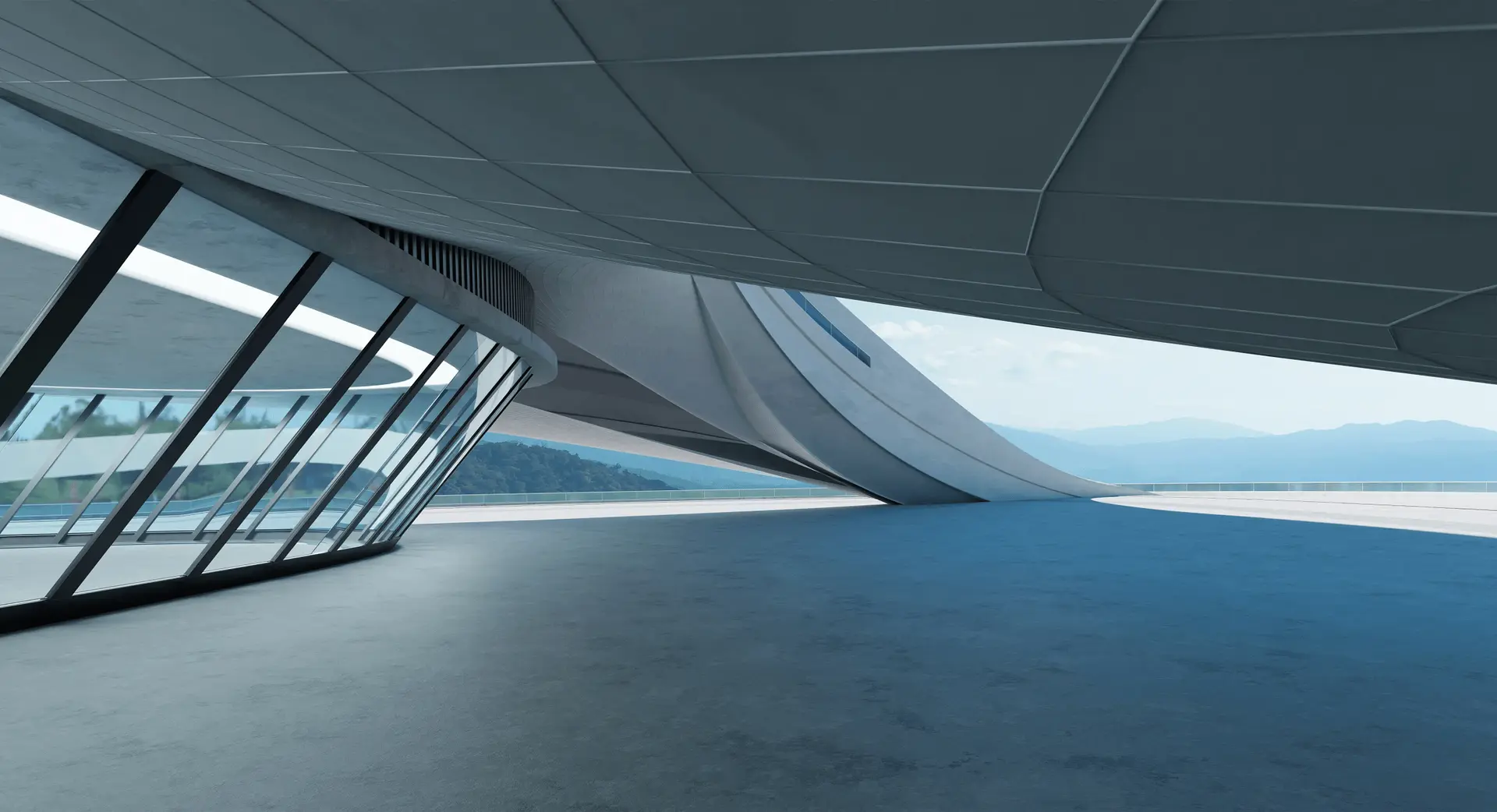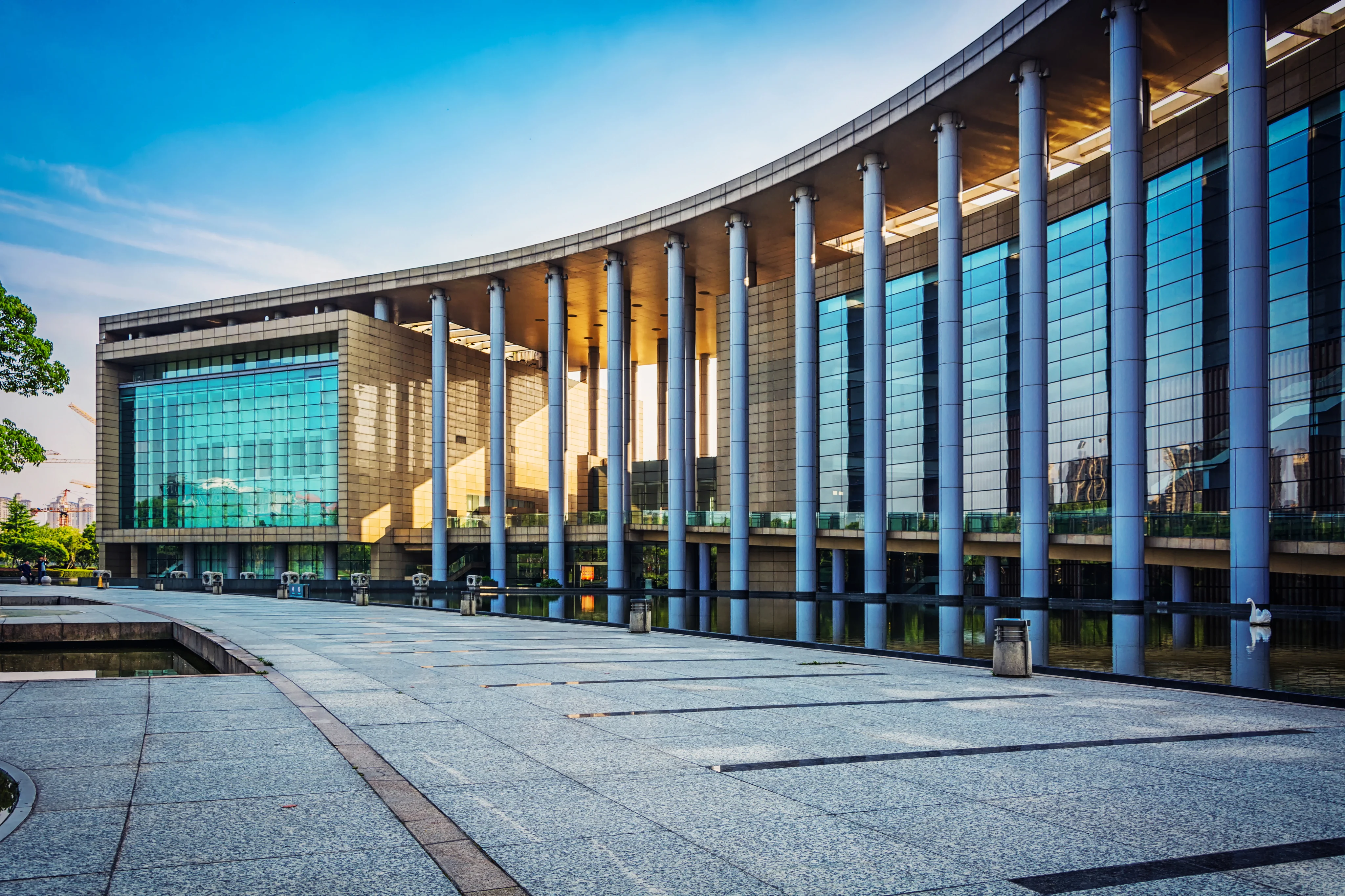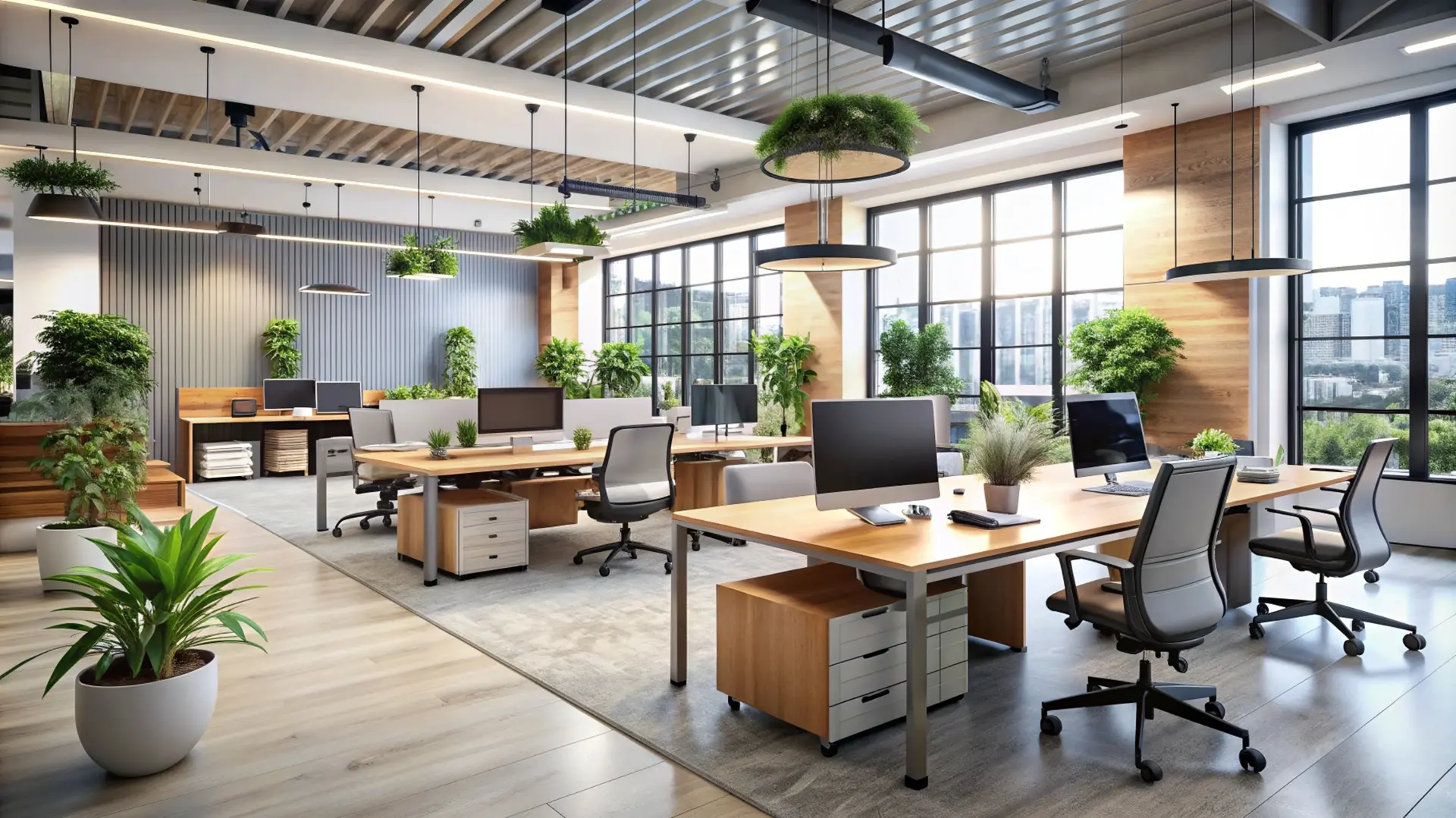What Modern Businesses Look for in Commercial Spaces Today
The modern commercial space is no longer a backdrop. It has transitioned into a stage where business vision, ambition and influence are showcased. For leaders who shape industries, the choice of an office is less about utility and more about prestige, permanence and future readiness. This is where architecture, location and design converge to embody a brand’s stature in the marketplace.
Thoughtfully designed environments blend strategy with space, turning brands into industry leaders where every corner reflects ambition and potential.
The strategic role of commercial spaces in modern businesses
Commercial spaces have evolved into indispensable assets in the architecture of success, anchoring strategies that blend operational efficiency with cultural magnetism. As hybrid work models solidify, forward-thinking leaders recognise that physical headquarters serve as beacons for talent acquisition and retention. JLL’s 2024 Future of Work Survey reveals that 71% of employees feel more productive in well-designed spaces, prompting 60% of business leaders to ramp up workplace design investments by 2030.
These spaces foster ecosystems where collaboration ignites breakthroughs, far beyond the silos of remote setups. They embody a firm’s narrative, projecting confidence to investors during pivotal funding rounds or mergers. In a market where brand perception shapes B2B decisions, an exemplary commercial venue amplifies market positioning, turning square footage into a multiplier of influence and valuation. For investors, this translates to properties that yield superior long-term returns, as spaces aligned with corporate evolution command premiums and sustain high occupancy rates.
To thrive in this landscape, discerning businesses prioritise attributes that align form with function, creating environments primed for sustained excellence.
Key attributes modern businesses look for
At the core of selection lies a constellation of features that elevate spaces from functional to phenomenal, each calibrated to fuel ambition and resilience.
a) Prime location & accessibility
Companies look for areas that offer both convenience and strong connectivity to business hubs. Major urban centers like Gurugram, Bengaluru, Mumbai and Hyderabad have become magnets for growing enterprises because they provide easy access to skilled talent, financial institutions and major transport networks. Proximity to metro stations, airports and highways helps reduce commute times, improve employee retention and ensure smooth client visits. Modern businesses also value locations with multimodal connectivity, including metro lines, EV charging stations and last-mile transportation, creating an efficient and sustainable ecosystem.
b) Architectural quality & design appeal
Business leaders want commercial buildings that reflect their brand values and offer a modern, functional environment for employees and clients. Many of India’s newer office developments in areas like Gurugram’s Cyber City or Bengaluru’s Outer Ring Road focus on clean, contemporary designs with ample natural light, open spaces, and thoughtfully planned interiors. Features such as landscaped courtyards, spacious lobbies and collaborative work areas help create a positive first impression and improve everyday work experiences, ultimately adding value to the property itself.
c) Smart infrastructure & technology integration
Technology has become a key expectation for commercial spaces. Businesses increasingly prefer offices equipped with smart building systems, such as IoT-enabled sensors, automated lighting and air-conditioning and reliable high-speed internet infrastructure. Smart energy management systems help reduce costs and downtime, while features like touchless entry, digital visitor management and building apps make operations more efficient. This kind of infrastructure is especially important for tech-driven companies and startups that want their workspaces to keep pace with their growth and digital transformation goals.
d) Sustainability & green certifications
Sustainability is no longer optional; it is becoming a standard expectation. Many businesses in India now actively look for green-certified buildings (such as IGBC or LEED certifications) that use renewable energy, water recycling systems and eco-friendly construction materials. Demand for such green-certified office spaces is projected to grow by 10–15% over the next two years, as companies strive to meet ESG goals and attract environmentally conscious employees and investors. With increasing regulatory focus on sustainable practices, green buildings are seen as future-ready investments that offer long-term value and lower carbon footprints.
e) Flexibility & scalability
The pace of business today demands spaces that can easily adapt to changing needs. Flexible layouts with modular furniture, movable partitions and multipurpose areas allow companies to reconfigure spaces without major disruptions. Many Indian commercial developments now offer co-working options or flexible lease models, making it easier for businesses to expand or downsize as required. This kind of scalability is especially useful for startups and fast-growing companies that need room to grow without shifting to entirely new locations.
f) Employee wellness & comfort
Employee well-being has become a central part of office planning. Post-pandemic, organisations are prioritising spaces that support health, comfort and productivity. Features like indoor greenery, natural light, ergonomic furniture, air purification systems and wellness zones are increasingly common in modern office buildings. Such design elements help reduce fatigue, boost morale and make the workplace a more attractive environment for top talent. In competitive job markets, these aspects can give companies a real edge in retaining employees.
Beyond space: the intangibles businesses value
True exclusivity lies in the details. Enterprises seek spaces that offer refined amenities, private lounges, concierge services, enhanced security and curated communities of like-minded leaders. These intangibles elevate an address from a workplace to an ecosystem of influence.
For forward-looking businesses, the right space is not an expense but a distinct asset. It amplifies reputation, attracts premier talent, and strengthens relationships with investors and clients. An elite address is, in itself, a strategic advantage.
Commercial spaces today are measured not only by their square footage but by their ability to inspire, impress and endure. The most influential leaders choose spaces that reflect their ambition and uphold their legacy.
Discover a portfolio where architecture meets aspiration. At JMJ Estate, every space is crafted for leaders who demand nothing less than excellence.







